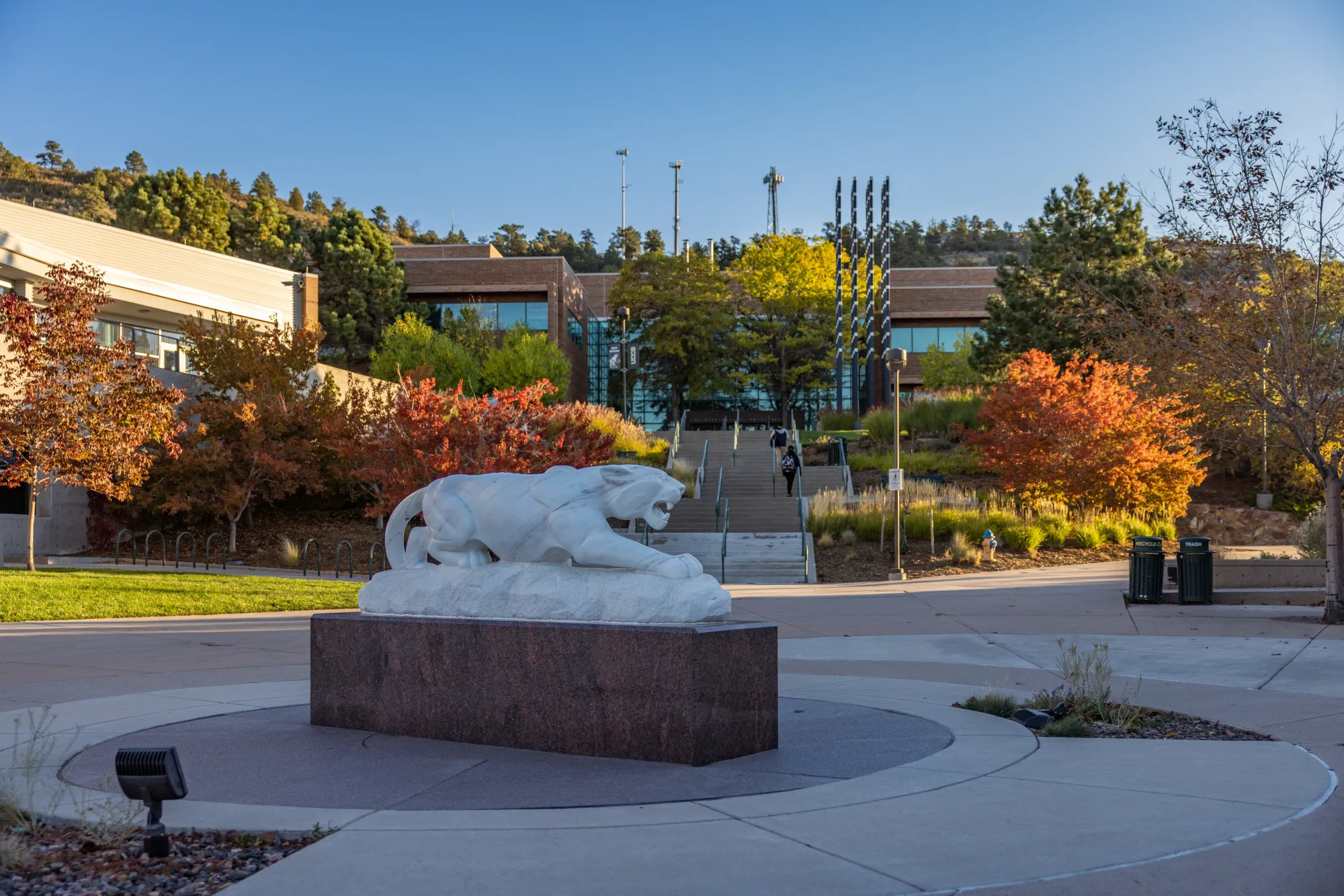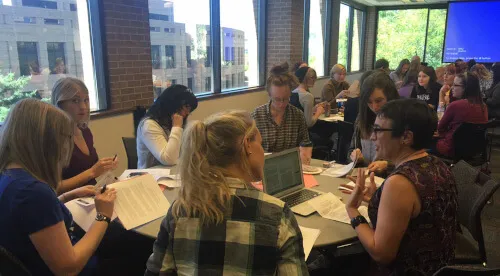
ENGL 1308 & 1310 Themes
About the Courses

English 1308 and 1310 courses have a variety of themes.
English 1308 and 1310 courses have a variety of themes. All ENGL 1308 and 1310 courses focus on rhetorical analysis, writing processes, and academic reading and writing abilities. This page provides information about themes taught by individual instructors.
You can look for an instructor’s name in the course schedule (in your student portal) while you are registering for courses. ENGL 1308 and 1310 courses are primarily offered in the Fall semesters, so there is a wider selection of teachers and themes offered in the Fall. A small number of ENGL 1308 and 1310 sections are offered each Spring and Summer semester.
Contact the Director of the First-Year Rhetoric and Writing Program, Dr. Ann Amicucci, aamicucc@uccs.edu, or the instructor with questions.
General Rhetorical Studies
In courses with a theme of “General Rhetorical Studies”:
- Reading assignments may focus on various types of public rhetoric, including public persuasion in politics, education, or cultural studies.
- Writing assignments may focus on various types of rhetorical analysis, including explorations of print essays and digital texts or explorations of students’ discourse communities and identities.
Professors & Instructors:
- Gina Baldoni-Rus
- Craig Bubeck
- Michael Ferguson
- Tony Friedhoff
- Sheldon Gaskell
- Catherine Grandorff
- Juliet Green
- Phillip Haisley
- Kathleen Johnson
- Chris Martin
- Omar Montoya
- Kristen Robinson
- Kacey Ross
- Martin Salgado
- Adrian Shaw
- Nate Siebert
- Andrea Wenker
UCCS Values Explored
In the theme “UCCS Values Explored,” students can expect to:
- Dive deep into one of UCCS's core values, including integrity, innovation, and inclusive diversity.
- Analyze how rhetoric shapes our understanding of these values in today's world.
- Learn skills that will empower students in the real world, from analyzing persuasive techniques in speeches and advertising to understanding the nuances of language diversity.
Professors & Instructors:
- Celeste Delbar
Rhetoric in Real Life
Within this theme, students will explore:
- Arguments in pseudoscience and other nonsense. We will analyze arguments regarding psychics and other mystic practices, “alternative medicine,” harmful acts justified by religious rhetoric, and conspiracy theories.
- Argumentation in music. We will analyze musical texts for purpose, audience, and other rhetorical effects.
- Argumentation in art. We will consider multiple art forms as a way of recording historical and political arguments, and self-expression, and as a representation of cultural norms.
Professors & Instructors:
- Chelsea Lawson
The Rhetoric of Conspiracy Theories
Within this theme, students will explore:
- Evaluation of the rhetorical attraction of conspiracy theories.
- Analysis of the common components of conspiracy theories.
- Examination of evidence.
Professors & Instructors:
- Nathan Price
Ideology, Identity, and (Popular) Culture
Within this theme, students will explore:
- how popular culture shapes and reflects society
- the rhetoric of cuteness and monstrosity
- their role and self-concept as writers/righters
Professors & Instructors:
- Christine Robinson Coon
Writing Process Theory
In the theme “Writing Process Theory,” reading and writing assignments will focus on:
- A close examination of the writing process at the college level.
- Strategies for enlarging the scope of your writing and writing process.
- Breaking habits and busting myths about the writing process.
Professors & Instructors:
- DeLyn Winters
Weird Science
In Weird Science, students will explore:
- how scientists, skeptics, and pseudoscience merchants navigate the boundaries of scientific knowledge
- topics in pseudoscience (paranormal, cryptozoology, alternative medicine, etc.) and controversies such as climate change and vaccine hesitancy
- the ways lay audiences use rhetoric to respond to the exaggerations about science made by the media, pop culture, and politics
Professors & Instructors:
- Cody Kaser